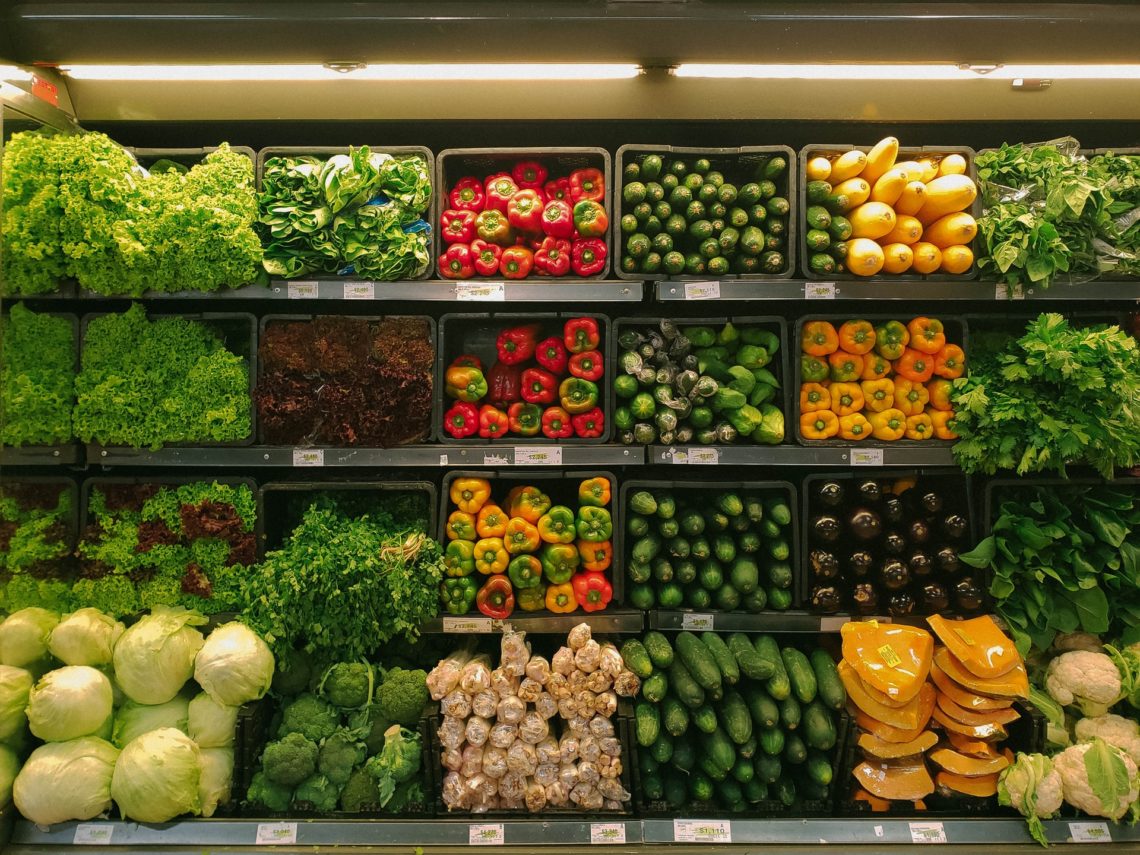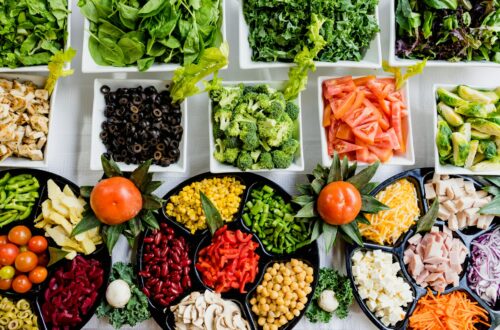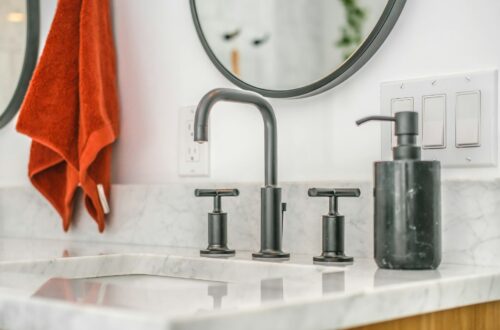
Use Up All The Vegetables
The average family wastes £700 of food each year. That is 4.5m tonnes of food that gets thrown away and wasted. With food poverty still very much an issue in the UK it’s important that we don’t waste the food we have available. One of the biggest culprits for being wasted is fresh fruit and vegetables.
How often have you stocked up on the greens with the intention of using them but then never getting around to cooking. Before you know it they’ve gone slimy or furry and you have to part with them. Besides buying only what you need here’s what you can do to ensure you don’t waste your vegetables.
Store them properly
Photo by Gareth Hubbard on Unsplash
Half the battle of keeping vegetables fresh is storing correctly. Take the time to properly look up each veg you regularly buy and the proper way to store them. A starting point when it comes to storage iis to keep fruits and vegetables separate, fruits can cause veg to turn faster. Remember that no matter how much it seems to make sense not everything needs to be stored in the fridge a lot of veg prefer to be kept in a cool dark place.
Double check which containers you should keep vegetables in as well. While a lot of veg still comes in plastic, and we recommend buying loose veg to avoid this, it doesn’t mean that’s what it should be stored in. For example, mushrooms come in those awful plastic tubs and wrapped in cling film, this will cause them to go slimy. The way to store mushrooms is to take them out and keep them in a paper bag, this prevents them going slimy and if you buy them loose you can cut all the plastic out of buying mushrooms.
Cook them before they rot
It sounds simple, but use up the veg before it goes bad and don’t throw them away immediately. Yes some of your celery might not be perfect for a salad anymore but you can still add it to a sauce or a soup. This is even a good way to sneak extra veg into your portions as well as cutting down on waste.
Photo by Anna Pelzer on Unsplash
If you’re noticing that a lot of your vegetables have nearly turned you can bulk cook a rustic vegetable soup, then you have cheap and healthy lunches for the week with no waste. Our tip is to pick or make a good quality vegetable stock as a base and experiment with seasons depending on what veg you’re adding. You don’t need a recipe to make a good soup, just get creative!
Compost is the last resort
If your vegetables have truly gone past the point of cooking, it’s time to get the compost out. Making your own compost is simple and with houseplants being the latest interior trend your new green family members will thank you.
Depending on your space there are a range of compost kits available to buy and countless guides on the internet. We like this guide from The Independent that includes troubleshooting what’s wrong with your compost and the best ways to set up your composting space.
Photo by Markus Spiske on Unsplash
Ultimately we need to tackle food waste in order to live sustainably, and the place to make a big difference with this is the kitchen. By starting to follow these small eco habits now they’ll become second nature and these small changes will add up to make a big difference over the years.





